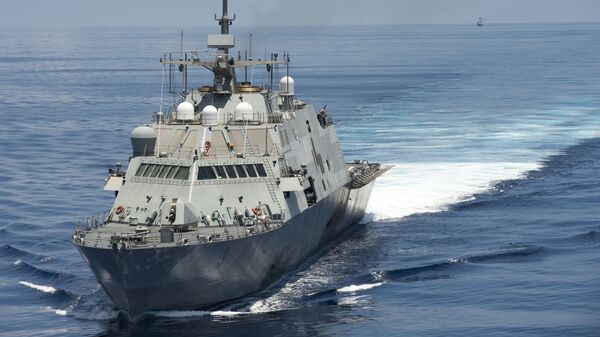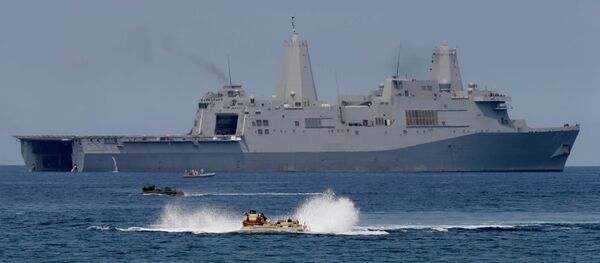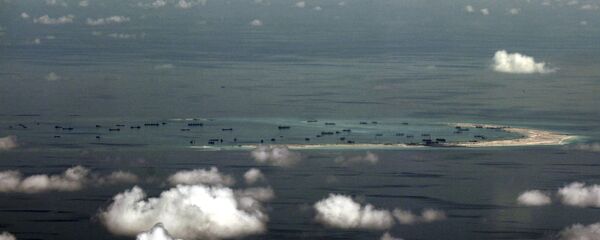China referred to Washington's move as a "blatant provocation" and repeatedly asked the US to refrain from similar actions in the future.
Although this revelation has not been officially confirmed it is understood to have been widely corroborated by sources in the US Navy, Department of Defense and Capitol Hill, Dr Euan Graham Director of the International Security Program at the Lowy Institute wrote.
Under the UN Convention on the Law of the Sea warships may enter without notice but under controlled conditions, including that passage should be “continuous and expeditious, with no use of on-board weapons, aircraft or ‘any act aimed at interfering with any systems of communication or any other facilities or installations of the coastal State,’” Graham wrote for the online publication The National Interest.
According to him the US chose the Subi Reef as the location for the US Navy’s ‘freedom of navigation operations’ in order to demonstrate on clear legal grounds that the US does not recognize Beijing’s (or rival ‘claimants’) jurisdiction over the nearby waters.
According to the analyst the US patrol was far from innocent and hence it must not be labelled as such. “Labelling US actions around the Spratlys expressly as innocent passage could be handing a legal concession to Beijing. If Washington is intent on following through on freedom of navigation credibly, it is of critical importance that US operations are not described or conducted in these terms.”
He further said that there is a wider politico-legal context to consider and the US is probably trying to “coax China off-ramp towards a position of compromise with its maritime neighbors and encouraging a meaningful modus vivendi between the US and Chinese navies, whose senior ranks have been in regular communication over the past week.”
So far the White House has been sending mixed signals. It is trying to avert risking crisis and confrontation in US-China relations but “the greater legal and political risks to this approach do not appear to have been given the same consideration. Freedom of navigation is not as simple as it looks. Future operational assertions must avoid repeating the mistake,” Graham concluded.




